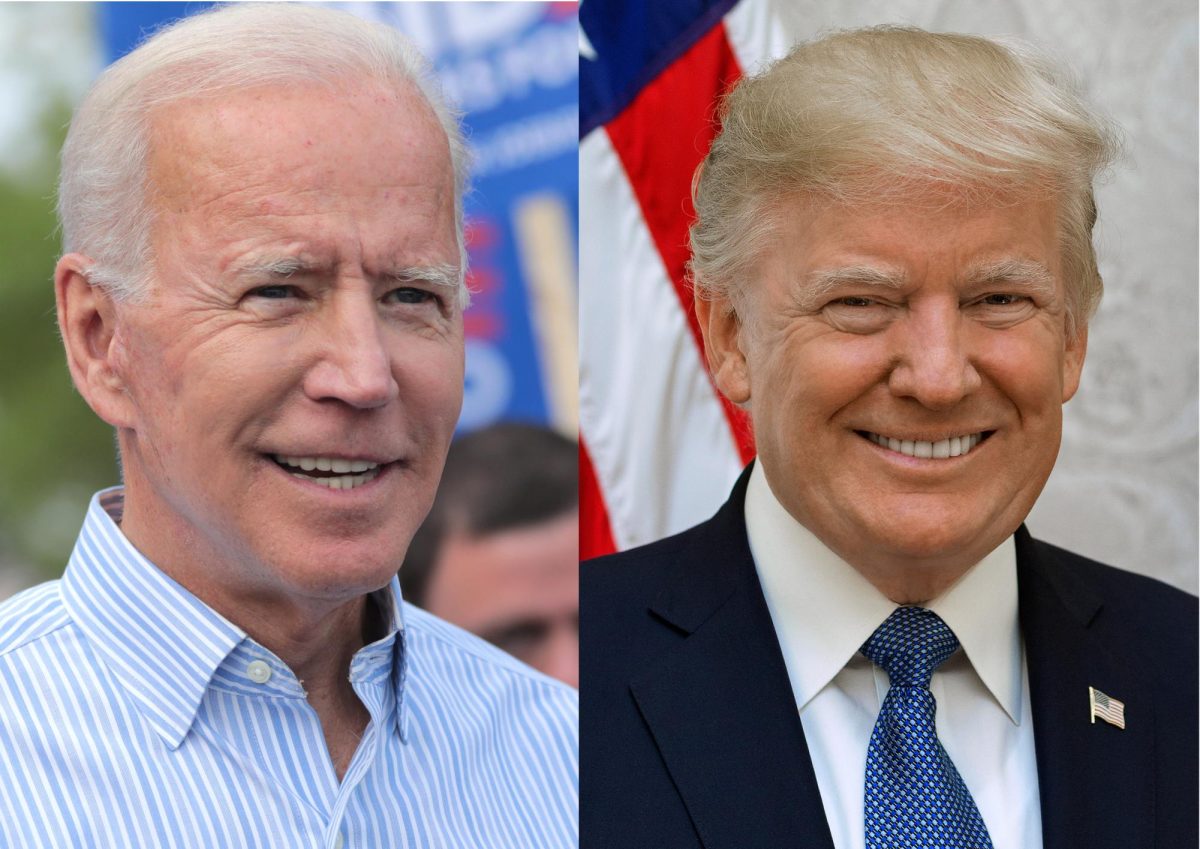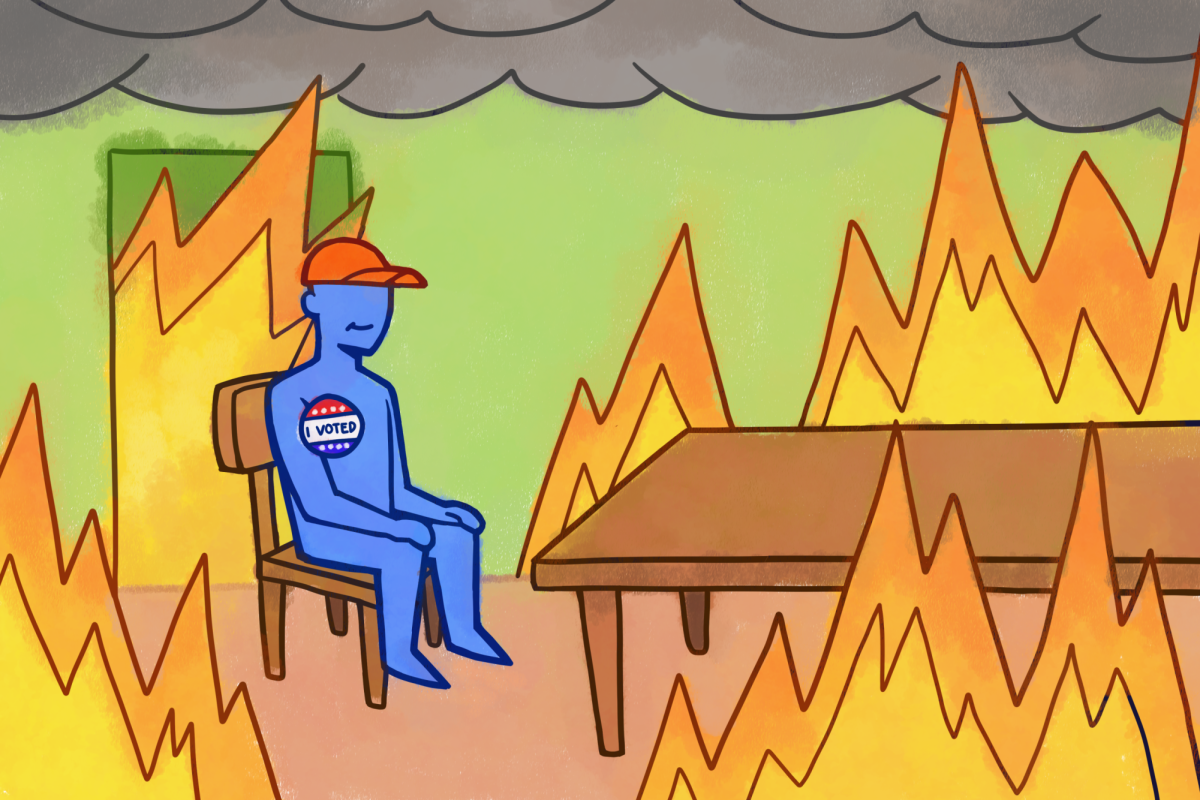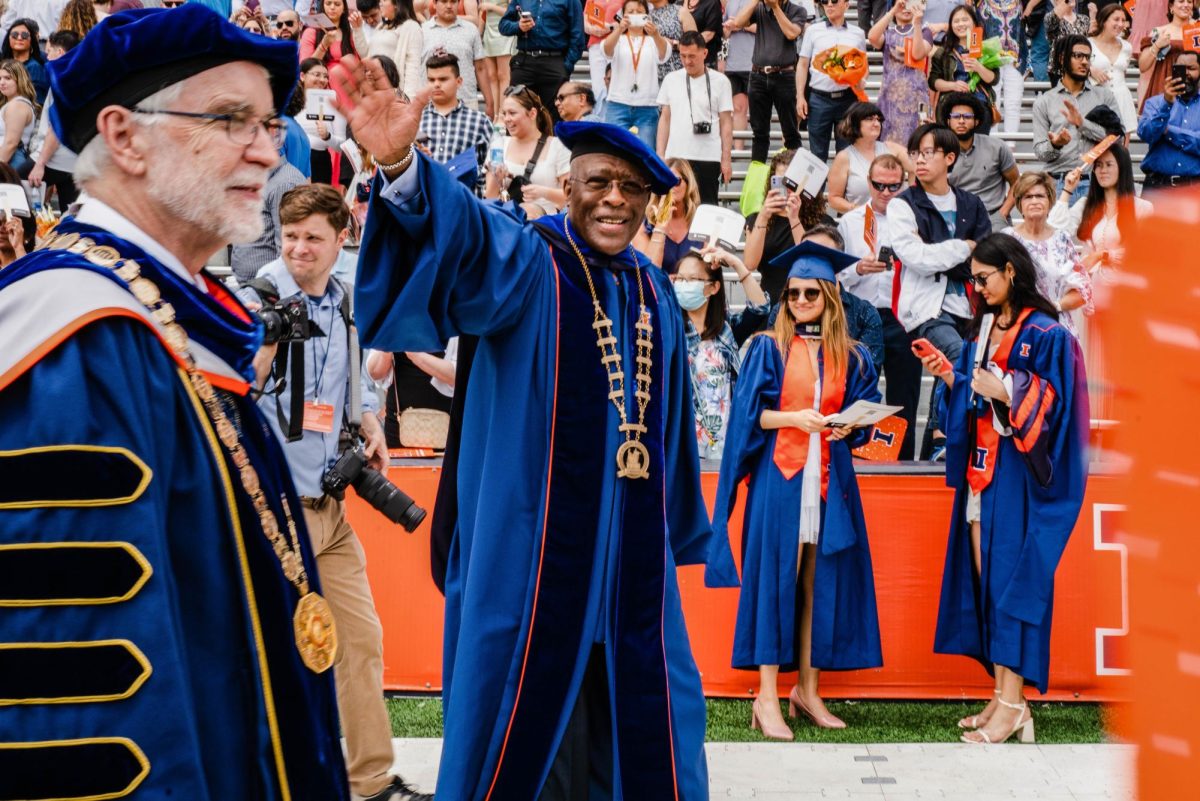The most reprinted cartoon in The New Yorker’s history features a dog on a chair in front of a computer, peering down at another dog, with the caption: “On the Internet, nobody knows you’re a dog.”
Though the cartoon is from 1993, the statement is as true as ever.
Newt Gingrich was evidence of this when changes were made to his Wikipedia page and the page for his Missus — changes like deleting, “She met her husband while he was in the House, and had an affair while he was conducting the impeachment investigation for President Bill Clinton” from Callista Gingrich’s page; or removing lines about an ethics probe of the former House speaker. His communications director was reprimanded by the media for making the edits.
But as we know, one man’s vigilante is another’s vandal. After what Wikipedia deemed repeated “vandalism,” Gingrich’s Wikipedia page is now under digital lock and key. A silver “semi-protected” badge gleams at the top of the page, indicating that unregistered users can’t make automatic edits — those edits have to be proposed and approved by administrators.
I wondered, then: Is the best way to maintain this massive organism of knowledge to appoint gatekeepers? Instead of letting it be a living, breathing entity, was it better to shackle “The Free Encyclopedia?”
Get The Daily Illini in your inbox!
I sought the help of New York Time Magazine-dubbed “Internet Man of Mystery” Virgil Griffith, whose WikiScanner data-mining tool has changed Wikipedia forever. With this scanner, IP addresses from anonymous posts can be cross-listed with known IP addresses, matching the anonymous page changer with the digital place he or she changed it. Griffith said he’d be happy to help me sort out my understanding of the largest general reference work on the Internet.
“The extent that Wikipedia pages should be protected is a hotly debated issue. Most pages don’t seem to need it,” he said. “I think the WikiScanner made people more cautious.”
In 2005, Griffith discovered that Walmart changed a section on its own page from, “Wages at Walmart are about 20 percent less than at other retail stores,” to, “The average wage at Walmart is almost double the federal minimum wage.” He also uncovered that Diebold, an e-voting-machine vendor, deleted 15 paragraphs from its Wikipedia page anonymously, before being outed by the IP address tied to their corporate offices.
Battling against changes that are either controversial or flat out lies is important. But can Wikipedia’s loyal network of truth-finders and fixers handle the task themselves? By making it more difficult for anonymous users to change things, I have to think we might be losing something.
So here begs the question: Do anonymous voices have the right to be heard?
WikiMedia’s proposal that “Anonymous users should not be allowed to edit articles” was met with varying degrees of support and vehement disagreement. One in very strong support said, “Most moronic edits are made by anons and what began as a pleasant pastime has become as tedious as supervising a school yard in a bad neighborhood.” In opposition, one said, “Many of the contributors prefer anonymity because they come from authoritarian countries in which activities on the internet are under government surveillance. They fear that if they wrote something that offended the authorities, their Username’s IP address could be tracked down.”
Now, I’m absolutely no expert on this stuff, but I have to think that commenter #2 is right and that there are a lot of invaluable contributions made on the Internet that are unsigned. Though anonymous content on the Internet can be ignorant and vile, I still think that content is met with altruistic opposition of equal or greater force.
The anonymous comments people have posted on the online version of my columns through the years have ranged from constructive criticism to petty insult. They aren’t always fun to read, but I’m glad they’re there. I appreciate that I can get some honest feedback without someone being worried that I’ll know who they are if we happened to pass on the street. If every person that left a comment had to put a face to their name, they wouldn’t write the stuff they really wanted to. And I think that’s a mistake.
Maybe there’s a danger in letting strangers rewrite history on Wikipedia. But maybe we just have to see it for what it is. If we lose the truly collaborative nature of Wikipedia, I think we’ve destroyed the very thing that makes it so valuable.
_Megan is a senior in Media._









